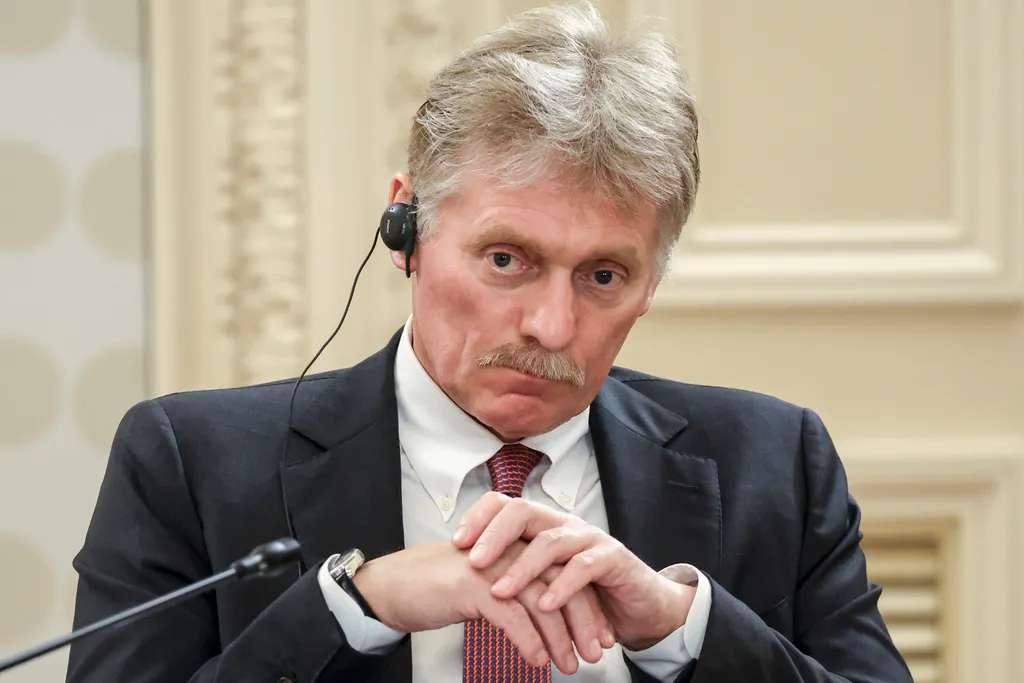European Union officials are planning to clamp down on Russian diplomats’ ability to move freely within the region, angering the Kremlin.
A working European External Action Service document outlining sanctions would require Russian diplomatic personnel to register their travel in the Schengen Area.
The document reportedly justifies this decision due to the fact that the Kremlin’s diplomats are “often involved in activities that contribute to Russia’s aggression against Ukraine, notably by spreading the Russian rhetoric on the causes of the war, its unfolding and the role of the Union.”
Under the new regulations, Russian diplomats would be required to contact the governments of foreign nations and request the right to entry before arriving. Such requests would need to be made “at least 24 hours” before their intended entry into the country.
The restrictions, which were added to the upcoming 19th sanctions package from the EU, are meant to punish the Russian diplomatic corps for alleged widespread participation in “sabotage” and subversive activities while carrying out their legitimate duties.
It’s a major victory for the Czech Republic, which spearheaded the initiative to curb Russian espionage via entry restrictions as early as May 2023.
The Czech Republic’s outgoing Foreign Minister Jan Lipavsky last month celebrated his country’s implementation of restrictions on Russian diplomats who “do not have national accreditation from Czechia.”
“Sabotage operations are on the rise and we will not risk agents operating under diplomatic cover,” Lipavsky wrote on social media platform X. “We are setting an example for other countries and I will continue to push for the most rigorous measures at the Schengen level. We will defend Czechia.”
The EU-wide sanctions on diplomats are not officially approved as of Tuesday, but EU sources assert they will likely be formalized.
“Things are going quite well. But it’s not a done deal yet,” an EU official told Reuters.
News of the sanctions was met with an icy response in Russia.

Kremlin spokesman Dmitry Peskov offered a vague promise of diplomatic backlash from the Russian foreign ministry and an accusation that the West was unnecessarily sowing international division.
“Our diplomatic service will formulate proposals, and they will be implemented,” Peskov told the press regarding the document.
UKRAINE PROPOSES JOINT AERIAL SHIELD WITH EUROPEAN ALLIES TO COUNTER RUSSIAN DRONES AND MISSILES
“Unfortunately, Europeans are actively reviving their skills in erecting new dividing walls,” he added.
Peskov also recently affirmed former German Chancellor Angela Merkel’s assertion over the weekend that Poland and the Baltic nations stalled diplomacy between the EU and Russia in 2021.
“On many foreign policy issues, the EU and Brussels are obviously held hostage by the Baltic states and Warsaw’s rabid policies,” Peskov told the press. “One can imagine that Mrs. Merkel is indeed right in this regard.”
A series of violations of NATO airspace has exacerbated tensions.
The incursions began on Sept. 10 with a swarm of Russian drones over Poland. NATO jets were scrambled, and they shot down the aircraft.
Just days later, three Russian military aircraft crossed into Estonia and needed to be escorted out by NATO jets.
Since then, drones of unclear origin have been spotted over various European nations, including Denmark, Belgium, Germany, Romania, Finland, and the Netherlands.
“Unfortunately, we cannot prove who is behind it,” Dutch Prime Minister Dick Schoof told the Kyiv Independent on Monday. “But there’s a lot of thinking that maybe it’s the Russians, but we cannot prove it.”
“I hope that one day we can prove either it’s the Russians or it’s something else,” Schoof added. “But it is really worrying that they are now around our infrastructure, around our airports, and I think we have to step up our security in that respect.”
